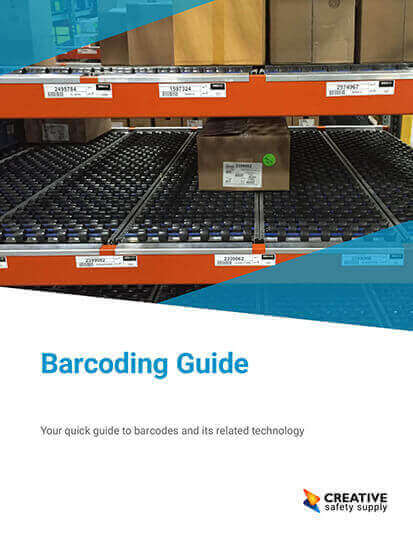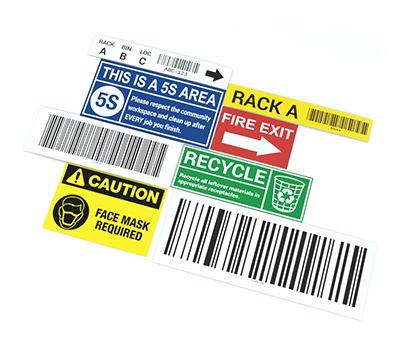
When delving into the world of barcodes, it's impossible to ignore the prominent roles played by the GS1 and UPC standards. These two entities hold sway in the domain of barcode technology, each with its own unique characteristics and applications. Let's delve further into these standards to unravel their nuances.
GS1 and Its Significance: The GS1, a globally recognized organization, stands at the forefront of shaping and upholding standards crucial for effective supply chain management. One of its notable contributions is the development and maintenance of various barcode standards. These standards serve as a cornerstone for businesses, ensuring seamless communication, identification, and data sharing across the supply chain landscape.
UPC and Its Origins: On the other end of the spectrum, the UPC, short for Universal Product Code, takes its place as a specific type of barcode within the GS1 standards family. This barcode variant was conceptualized and brought to life by none other than GS1 itself. Its primary mission: to provide a robust system for uniquely identifying consumer products, particularly within the North American region.
The Distinctive Essence: The crux of the difference between these two standards lies in their scope and application. GS1, being the parent organization, extends its reach across the globe, offering a comprehensive framework for businesses to meticulously identify, capture, and subsequently share invaluable product information along the intricate threads of the supply chain tapestry. Within this comprehensive structure, various barcode types find their place, with UPC being just one strand.
Deciphering UPC's Role: UPC, more specifically in its UPC-A form, finds its niche in the retail landscape of North America. Ubiquitously adorning the packaging of products, it stands as a testament to GS1's efforts to facilitate efficient consumer product identification within the United States and Canada.
The Global Scale of GS1: GS1's prowess extends far beyond the confines of UPC. It offers a sprawling selection of barcode formats, tailored to cater to diverse industries and their specific needs on a global scale. From managing inventory to elevating traceability and even enhancing consumer experiences, GS1 standards unfurl as a dynamic solution that adapts to a spectrum of business applications.
In a world where precision and seamless communication are the lifeblood of supply chain management, comprehending the nuances between GS1 and UPC proves pivotal. GS1, a mammoth organization, sets the stage for a plethora of barcode standards, including the well-known UPC, which has etched its mark in the North American consumer landscape. Armed with this knowledge, businesses can navigate the terrain of barcode combination possibilities with heightened clarity, ultimately choosing the right barcode solution for their unique requirements. Many online tools are available today to generate your own GS1 or UPC barcodes, making it accessible as well as convenient.
Similar Questions
- Which Barcode should I use?
- What is a UPC barcode?
- What is the Standard Barcode?
- How many different Barcode combinations are there?
- How to Generate a Data Matrix Barcode?
- Do Barcodes Work Internationally?
- How do I scan a product without a Barcode?
- How are Barcodes Generated?
- How to Generate a Product Barcode?


